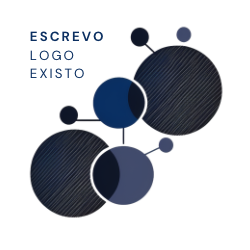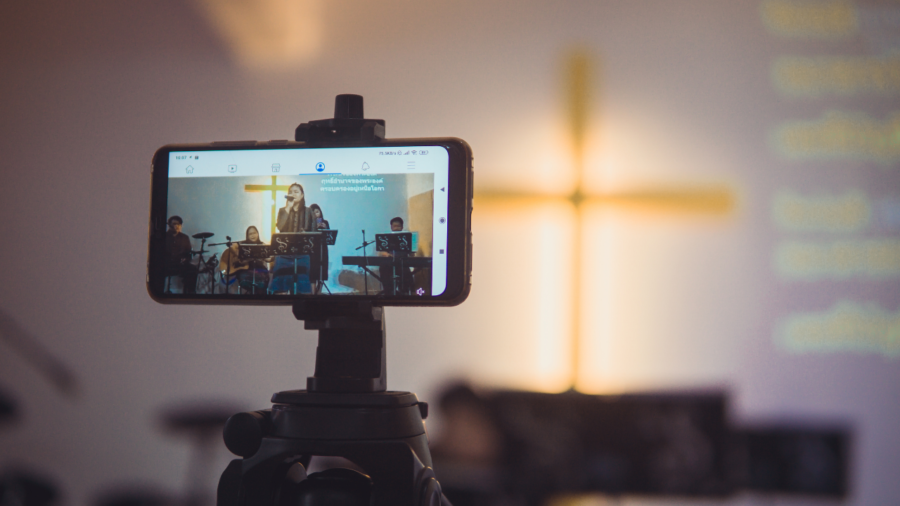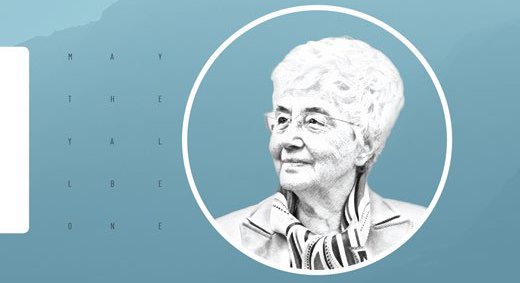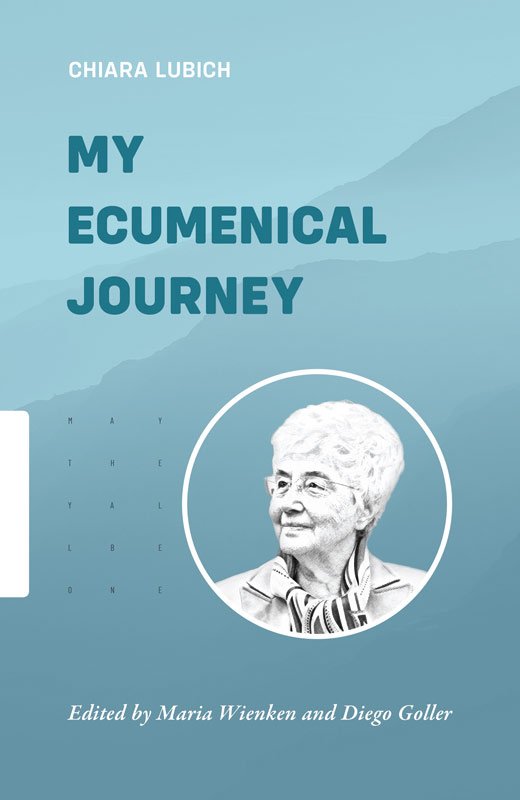When we hear “innovation”, it’s uncommon to associate the word with the religious environment. Yet, after the COVID-19 pandemic outbreak, every organisation was forced to look at new ways to function. Those who didn’t move fast enough struggle to survive in this unprecedented time.
The challenge of giving visibility to the work of a global organisation that has the mandate to go and physically meet people and communities around the world seemed gigantic for our communication department at the World Council of Churches (WCC).
One question resonated all the time in my heart: How do we continue to offer a platform for encounters in times of pandemic, when we can’t physically meet?
Since early April, I’ve been dealing with dozens of online events that we started producing to give visibility to the work of WCC. As soon as my colleagues began to voice their needs concerning these online events, I realised that we needed to find technical solutions that would match the requirements. But where to start?
A lot of time spent on research and I started to look at videos of those who are the biggest users of live stream services: gamers. I’ve watched hundreds of videos to understand which tools they use, how is the setup, the technical needs and step by step I’ve developed a concept that could potentially work for WCC.
After two months of test sessions and adjustments, I’ve finally managed to create a workflow that allowed our productions team to offer a range of solutions to the broad needs we have.
What a joy when we provided all the technical support for a webinar with sign language interpretation, focusing on people with disabilities! As I shared with my colleagues, that was “the best example of the type of connection webinars can create”. It became a “space for encounter”.
The challenge we now have is to stay true to our identity, even with the growing demands for online events. However, the journey we went through this year has shown that this unprecedented time is an invitation to innovate, also for faith-based organisations.







